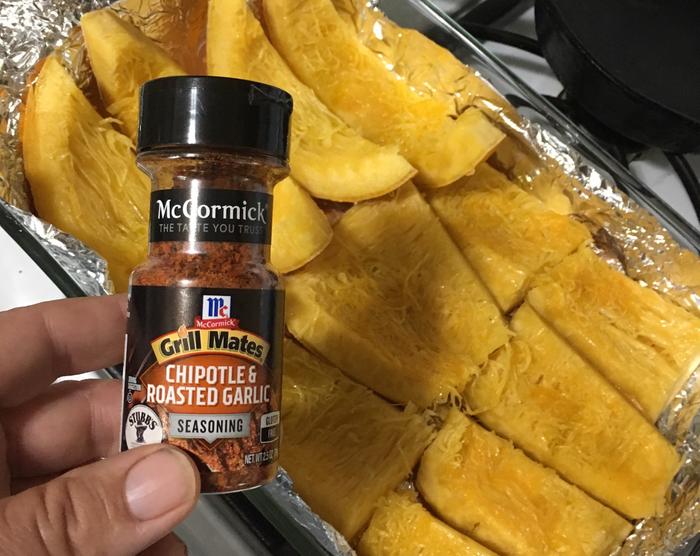
 2
2




The summer squash called variously zuchetta tromboncino rampicante, zuchetta, or tromboncino is an extremely vigorous vine that bears delicious zucchini-like fruit, and in my experience is totally resistant to squash bugs.
The last 3 years my Zucc's have been totally destroyed by squash bugs but year after year they don't seem to touch zuchetta tromboncino rampicante. Taste great, keeps a long time too. Good fence climber.
Pecan Media: food forestry and forest garden ebooks
Now available: The Native Persimmon (centennial edition)




Pecan Media: food forestry and forest garden ebooks
Now available: The Native Persimmon (centennial edition)




Pecan Media: food forestry and forest garden ebooks
Now available: The Native Persimmon (centennial edition)
 1
1




Moderator, Treatment Free Beekeepers group on Facebook.
https://www.facebook.com/groups/treatmentfreebeekeepers/









Pecan Media: food forestry and forest garden ebooks
Now available: The Native Persimmon (centennial edition)




Moderator, Treatment Free Beekeepers group on Facebook.
https://www.facebook.com/groups/treatmentfreebeekeepers/









 4
4




 3
3




Casie Becker wrote:I've had good results with tatume. They survive squash bugs, mildew, and squash vine borer. Even last year when I pretty much let the gardens go by the end of the summer (had a long trip out of state then) the tatume survived until fall.
Pecan Media: food forestry and forest garden ebooks
Now available: The Native Persimmon (centennial edition)
 4
4





 1
1




 3
3




Maureen Atsali
Wrong Way Farm - Kenya




Maureen Atsali wrote:All of the squash I have imported here were attacked by mildew and melon fruit flies. Both summer and winter varieties. Plain old yellow crookneck did the best of all my imports, but I still couldn't get a mature fruit for seed saving due to the fruit flies.
But I noticed all the squash being grown by the locals did fine. Zero mildew, and seemingly zero fly larvae. I started begging seeds from little old ladies in the village. They are not particularly tastey, but totally strong and resilient. Locals eat the leaves and couldn't care less about the quality of the fruits. I hope to start selecting for better taste in coming seasons.
The point being... Could you seek out a locally adapted landrace variety, or native american heirloom from your region? It seems like that's the best bet for resiliency
 3
3




Dan Boone wrote:Last summer I planted two tatume seeds rather late and they got blasted by the summer heat here, but they hung on and, in the fall, produced precisely one squash. I let it mature on the vine and it's still in my fridge; I plan to try the seeds from it again this year. (A spring road trip to Alaska to see relatives and clean out some ancient storage units has completely blasted my spring gardening/planting so far.)
Pecan Media: food forestry and forest garden ebooks
Now available: The Native Persimmon (centennial edition)
 3
3




Pecan Media: food forestry and forest garden ebooks
Now available: The Native Persimmon (centennial edition)
 4
4











Pecan Media: food forestry and forest garden ebooks
Now available: The Native Persimmon (centennial edition)
 3
3




 2
2




Viola Bluez wrote:Yummy! I'm growing this for the first time this year and I'm not sure I'll have any keepers for winter eating because they are going so fast with summer eating. Which is sad because your late season keepers baked in the oven look delightful.
Pecan Media: food forestry and forest garden ebooks
Now available: The Native Persimmon (centennial edition)
 2
2









| I agree. Here's the link: http://stoves2.com |








